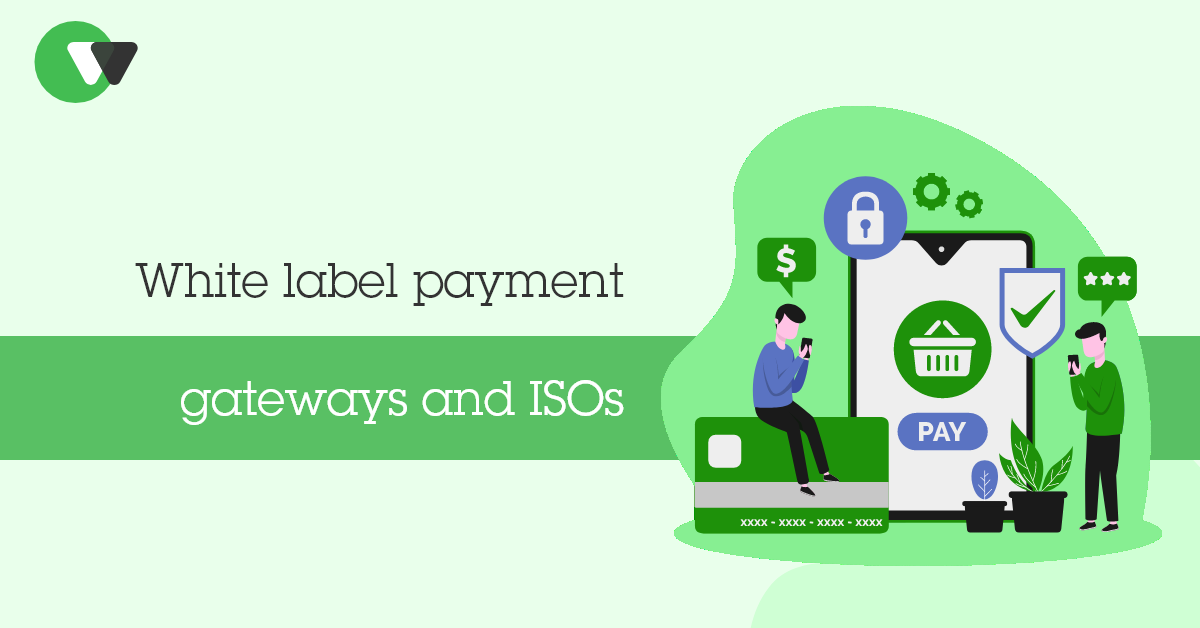
White label payment gateways and ISOs
Due to their flexibility, convenience, and affordability, white-label payment gateways became popular among independent sales organisations (ISOs).
That’s the reason that for companies providing white-label gateways to third parties, such as WLPayments, ISOs became an important target group. White-label payment gateways allow ISOs to brand payment gateways as their own, thereby providing a seamless payment processing experience to their merchants. However, with several white-label payment gateway providers in the market, ISOs must identify the essential features and values that are most important in choosing a provider. In this article, we will explore some of these features and values.
Customisation and Branding
One of the critical features that ISOs look for in a white-label payment gateway provider is customisation and branding. White-label payment gateways allow ISOs to customise the payment gateway to their brand, such as using their logos and brand colours. This feature helps ISOs to maintain a consistent brand image and identity, thereby increasing brand recognition and trust among their merchants. Additionally, it is recommended that the provider offer a customisable checkout page that allows the merchants from the ISO to include their messaging, promotional offers, and other relevant information.
Security and Compliance
Another essential feature regarding payment orchestration that ISOs consider is security and compliance. The white-label payment gateway provider must adhere to the industry’s security standards, such as the Payment Card Industry Data Security Standard (PCI DSS), to protect sensitive payment information. Additionally, for ISOs, the white-label payment gateway must offer fraud prevention tools and chargeback management services to mitigate the risks of fraudulent transactions. Moreover, the white-label payment gateway provider has to comply with relevant regulations and laws, such as GDPR and CCPA, to protect merchants’ data privacy.
Integration and Compatibility
ISOs consider the integration and compatibility of the white-label payment gateway provider with their merchants’ websites and shopping carts. For ISOs, white-label payment gateways must seamlessly integrate with popular e-commerce platforms like WooCommerce, Shopify, and Magento. It is a benefit for ISOs if the white-label payment gateway supports various payment methods, such as credit cards, debit cards, e-wallets, and bank transfers, to cater to the diverse needs of merchants and their customers.
Reliability and Availability
The reliability and availability of the white-label payment gateway provider are also crucial for ISOs. It is a strong advantage if the payment gateway can offer robust and scalable infrastructure that can handle high transaction volumes without downtime or system failures. Additionally, it also creates value for the ISOs if the provider offers 24/7 customer support to address any technical issues or concerns that may arise. Moreover, the provider should have backup and disaster recovery plans to ensure continuity of payment processing in case of emergencies.
Pricing and Cost-effectiveness
ISOs also consider the pricing and cost-effectiveness of the white-label payment gateway provider. White-label payment gateways can offer transparent pricing, such as setup, monthly, or transaction fees, with no hidden fees or charges. Additionally, the provider should offer competitive rates that enable ISOs to earn reasonable profits while remaining affordable to their merchants. Furthermore, the white-label payment gateway has to offer flexible, competitive pricing plans that cater to the different needs of both the requirements of ISOs and their merchants.
Ease of Use and User Experience
Finally, for ISOs, ease of use and user experience are essential when choosing a white-label payment gateway. Suppose the provider offers a user-friendly and intuitive dashboard enabling ISOs to manage their merchants’ payment processing activities easily. In that case, there is a higher chance that ISO will choose that particular white-label payment gateway. For ISOs, additional features are essential, such as real-time reporting and analytics tools that provide insights into transaction trends and performance. Moreover, white-label payment gateways must focus on product features that minimise friction and maximise conversion rates for merchants, which are within the most critical values created by white-label payment gateways’ product features.
In summary, choosing the right white-label payment gateway provider is essential for ISOs to provide their merchants with a seamless and secure payment processing experience. The crucial factors for ISOs are the following: customisation and branding, security and compliance, integration and compatibility, reliability and availability, pricing and cost-effectiveness, ease of use and user experience. By carefully evaluating these features and values, ISOs can choose the most appropriate white-label payment gateway.
What’s next?
At WLPayments, we ensure our payment partners have access to all the relevant payment data through a platform or API. Do you have any follow-up questions after reading this article? Reach out to us; we will gladly help you find the answers. Fill out the form below, and we will contact you shortly. Or drop us an email at [email protected].
